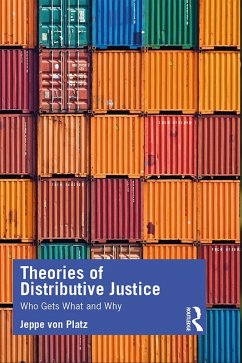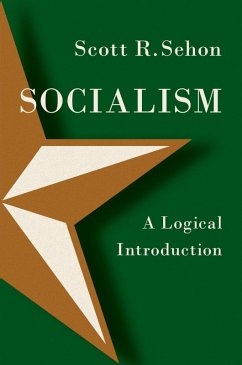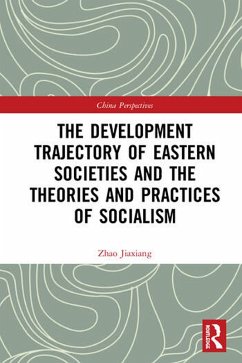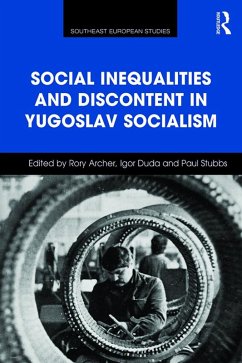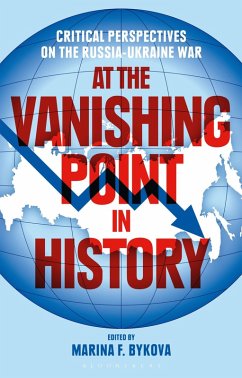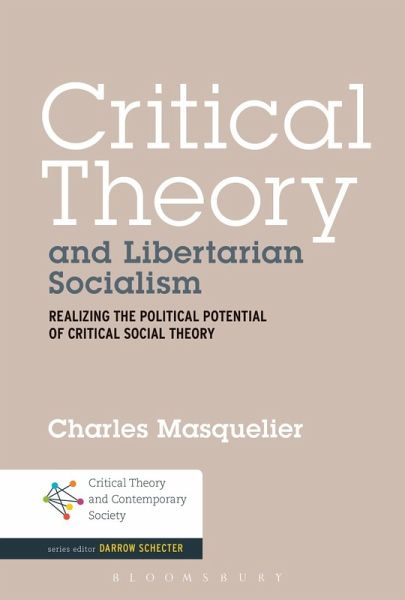
Critical Theory and Libertarian Socialism (eBook, PDF)
Realizing the Political Potential of Critical Social Theory
Versandkostenfrei!
Sofort per Download lieferbar
32,95 €
inkl. MwSt.
Weitere Ausgaben:

PAYBACK Punkte
16 °P sammeln!
This volume in the Critical Theory and Contemporary Society series examines the role critical theory plays in today's political, social, and economic crises, showing how it can help to both diagnose and remedy such problems. Critical social theory is first revisited by exposing the affinity between Marx's critique of political economy, the critique of instrumental reason elaborated by the first generation of the Frankfurt School, and the libertarian socialism of G.D.H. Cole. This is followed by a proposal for a radical reorganization of economic and political life and the corresponding develop...
This volume in the Critical Theory and Contemporary Society series examines the role critical theory plays in today's political, social, and economic crises, showing how it can help to both diagnose and remedy such problems. Critical social theory is first revisited by exposing the affinity between Marx's critique of political economy, the critique of instrumental reason elaborated by the first generation of the Frankfurt School, and the libertarian socialism of G.D.H. Cole. This is followed by a proposal for a radical reorganization of economic and political life and the corresponding development of emancipatory practices presupposing the reconciliation of humanity and nature. Lastly, the contemporary relevance of these institutions and practices are discussed, along with cases of contemporary forms of resistance, such as the Occupy Movement and alter-globalisation. By bringing together the concerns of critical theory and libertarian socialism, this volume not only illustrates the practical side of critical theory, but also highlights its contemporary relevance. Researchers in political theory, social theory and political philosophy will find this an engaging work that will stimulate debates about new alternatives to existing problems.




